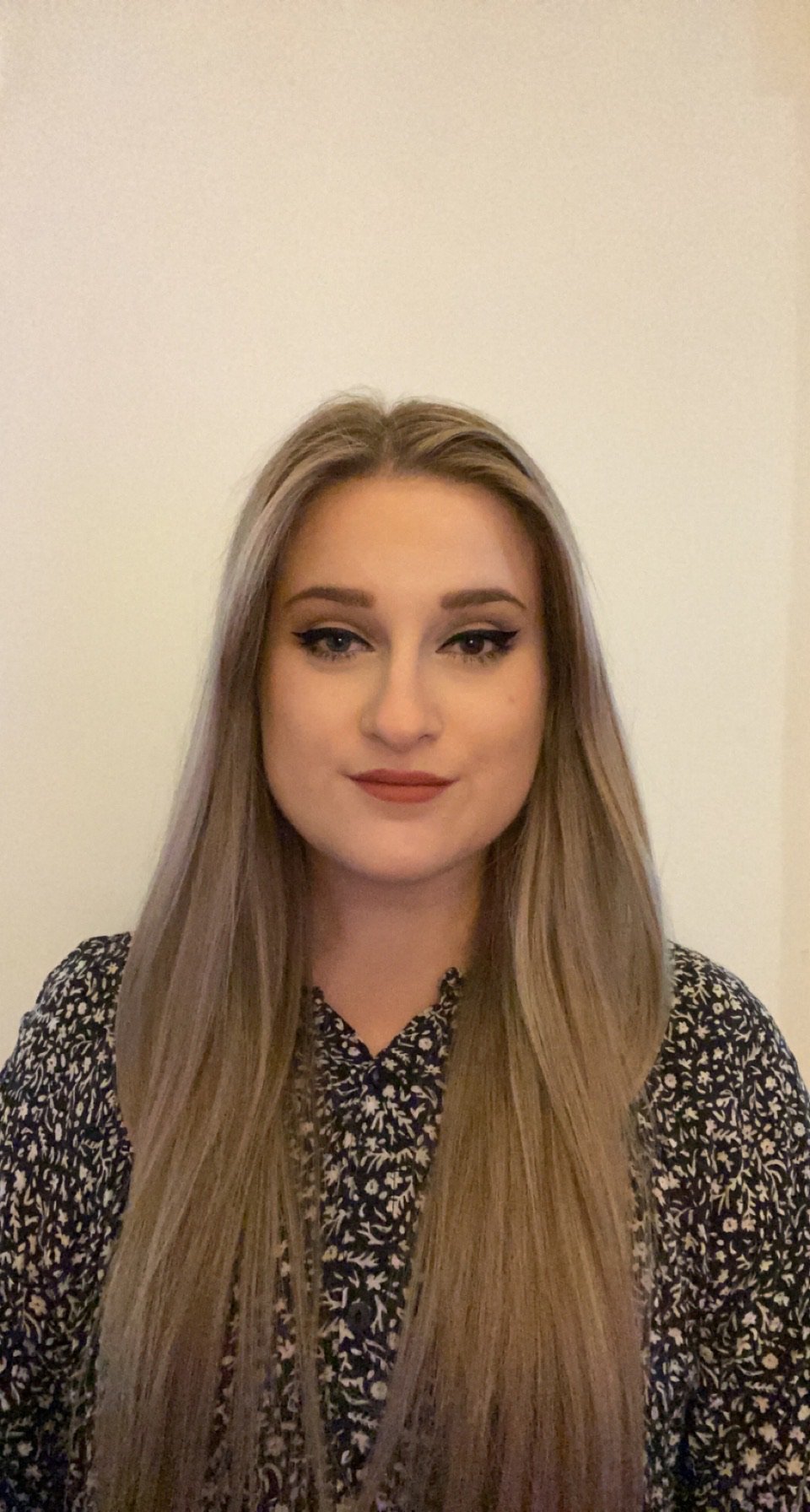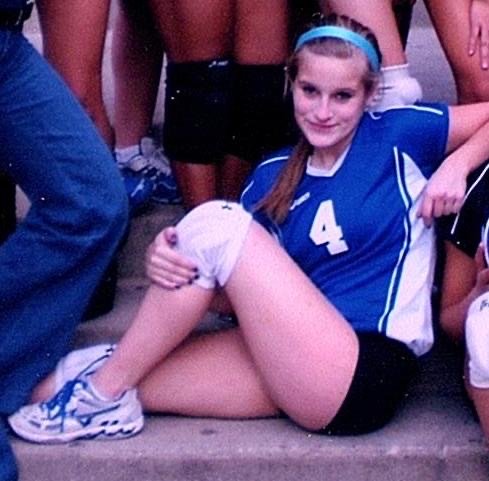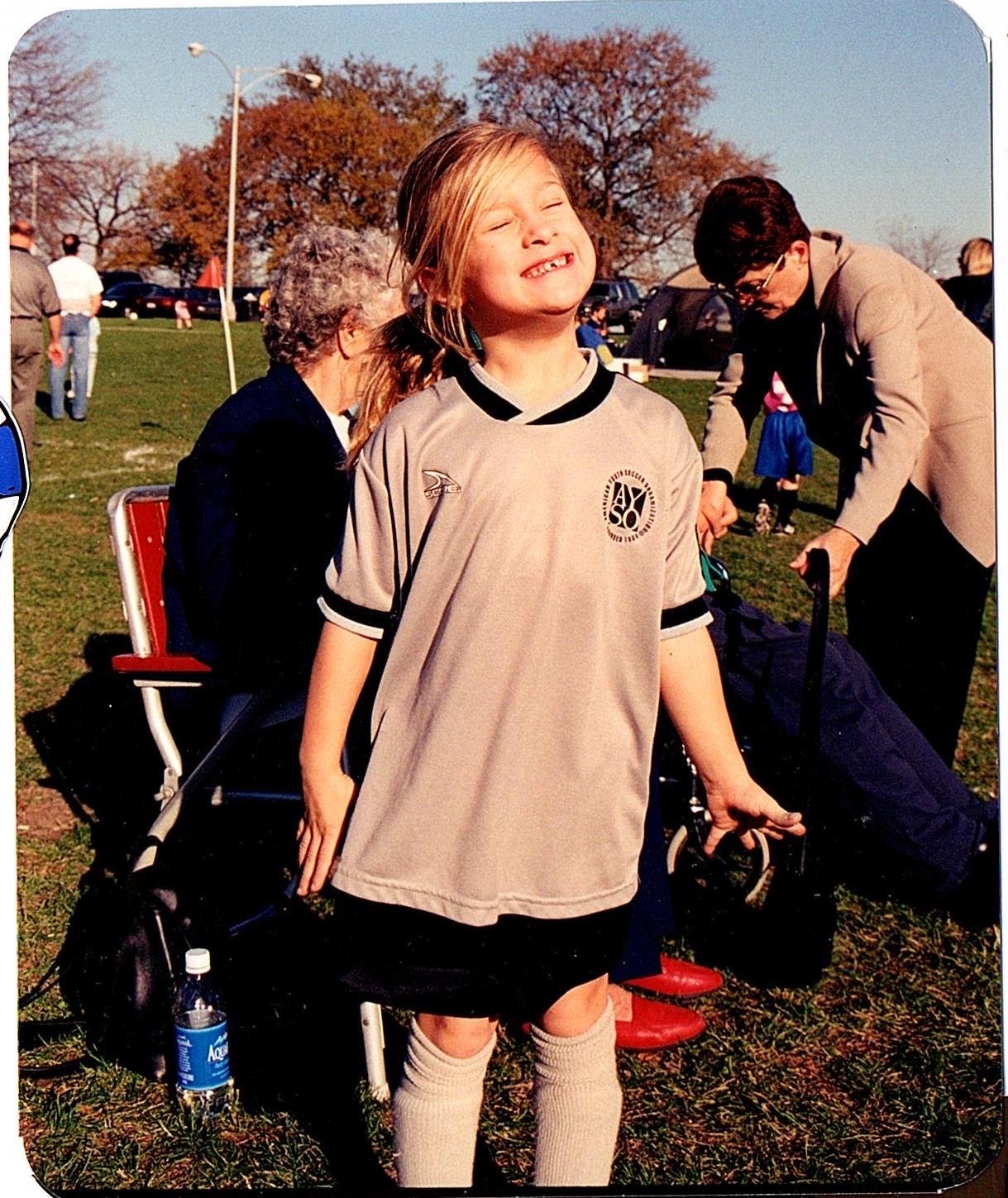Interview with Madison Repak
MADISON REPAK is from Chicago and she played volleyball. She competed until she went to college. She has her Bachelor of Science in psychology.
She is now about to graduate from Adler University in Chicago, Illinois with two master’s degrees: Clinical Mental Health Counseling and Sport and Human Performance.
She works with athletes as a sport performance consultant and she also works in a clinical psychiatric facility as an intern.
In her free time she enjoys watching horror movies and buying houseplants.
In this episode we will discuss how Madison chose to become a sport performance consultant.
Below I have written most of what we talked about but you can listen to the full podcast on Anchor / Spotify or on Apple Podcasts.
Q: How long did you play volleyball for? What was your experience like?
A: In total I played for about 8 years. I started in grade school and finished out my clue experience in my junior year of high school.
I enjoyed playing for the first 6 years, but the last two were rough.
I was really burnt out because I only had a month or so in total of not playing.
I went from high school volleyball, to club in the off season, then when club was over I went to as many volleyball training camps as I could.
Q: What was one of your favorite moments while competing?
A: During a game when the first contact of the ball was sent flying off the court and as the setter I had to chase the ball down.
I wasn’t able to get in front of the ball so I had to pass it backwards.
The ball ended up in the perfect position for the hitter to make a play.
I remember turning around and watching the play and being shocked that the ball landed in the same spot it would have if I had set it in the correct position.
Q: What made you decide to get your 2 master’s degrees?
A: When I got my undergrad in psychology I knew I wanted to go into sport psychology but also wanted to be a therapist.
I saw a career counselor my senior year of undergrad who was in the Adler’s sport program.
He was really helpful in breaking everything down for both sport and clinical mental health counseling.
I took a year off between undergrad and graduate school and in that time reinforced my desire to further my education in sport and counseling.
Q: How do you use your background in volleyball with your psychology work?
A: I find my experience with volleyball helps me when I work with athletes on a team sport rather than an individual.
It’s helpful to make references to team and coach dynamics and how one can apply mental skills as an individual athlete but also as a team member.
Q: What is it like working with athletes now?
A: I find working with athletes very fulfilling and it's so cool to watch their progress and how they apply the mental skills we work on, in competition.
Once athletes get an understanding of what mental skills are and how it applies to them and their sport, the application of the skills becomes more consistent.
Q: What was the transition out of playing volleyball into going to school without sports like for you?
A: Initially it was a relief to get that break but after a year or so I was disappointed with myself for not continuing on.
I missed the team aspect as well as the excitement of competition.
I actually haven’t played volleyball since high school, even casually with friends.
I think sometimes it feels like because I stopped playing I no longer have the same level of skill as I did before, and therefore shouldn’t play.
Q: Do you have anything else to add?
A: Any individual will take on many different identities throughout their life, more favorable than others.
I have found that many athletes feel a loss of their athletic identity when they leave their competitive sport.
This can impact their sense of self and self esteem in a negative way.
It is important to remember that you get to shape your identity in the way that works best for you.
If you missed the last podcast, our guest was cross country and track runner Lexi Reed. In that episode, we talk about her involvement with mental health as an athlete and how she found her passion for F45 and personal training. Up next we will have Danika Caruso as our guest. We will be discussing how cheerleading in college was different than high school and her podcast After the Athlete.
If you have any more questions for Madison, please leave comments below or contact me. If you or someone you know is struggling, please call the Suicide Hotline. It’s toll free and available 24/7 at 800-273-8255.
Once An Athlete’s mission is to provide resources and support for current and former athletes. Please support our mission by making a donation.
Are you or someone you know currently struggling with what happens in life after sports? Or did you already go through that transition to life after retiring competitive sports and wish you had more resources and support? Have you ever wondered, “what do athletes do after they are done playing sports? What’s next after sports?” Do you feel like you dedicated so much to your sport and you don’t know what to do now that you’re done competing? You’re not alone. Check out the site and join us in the journey. Once an athlete, always an athlete.
More blog posts with Adler University Students in her cohort:




